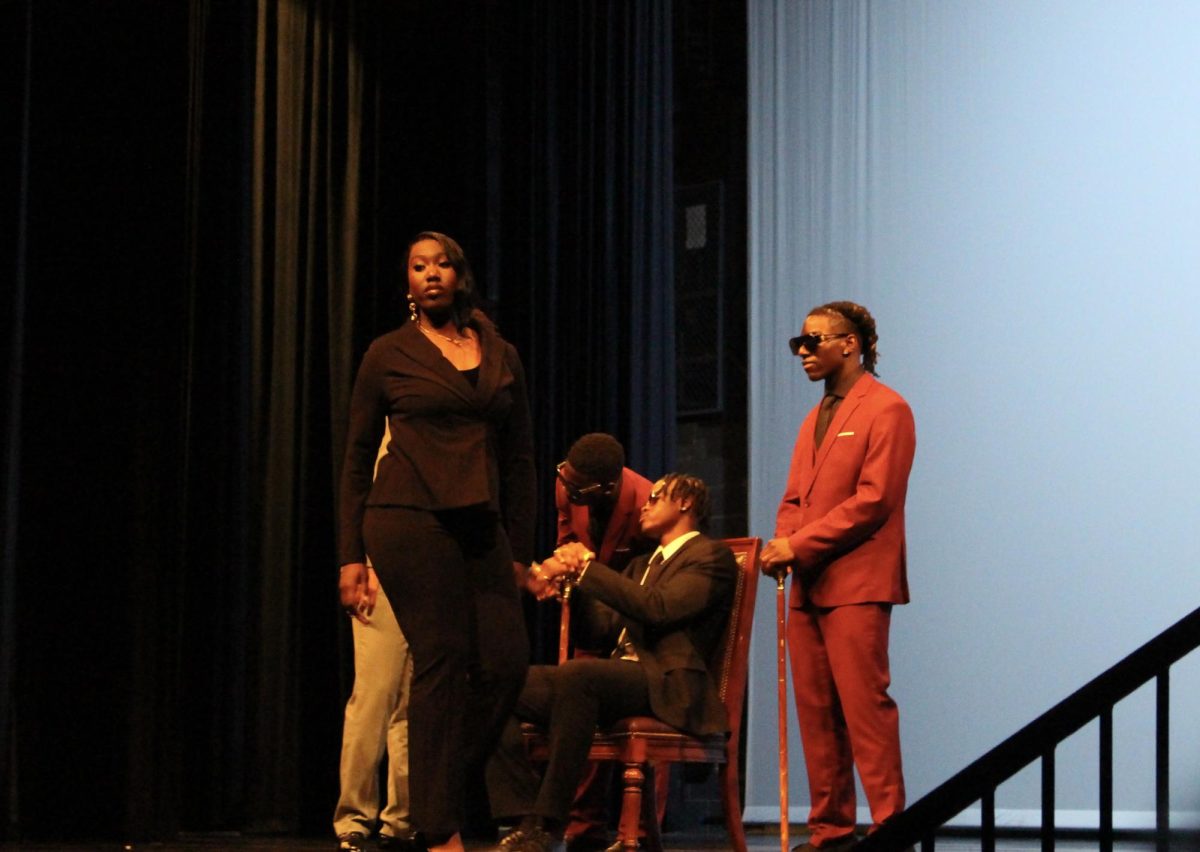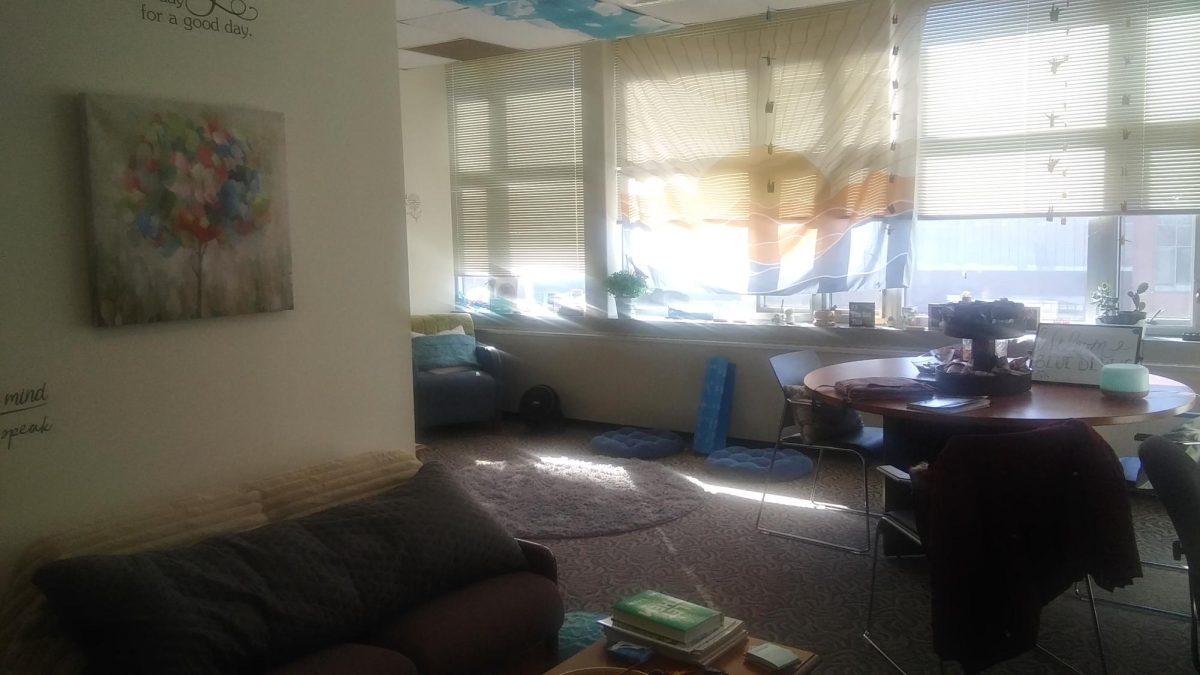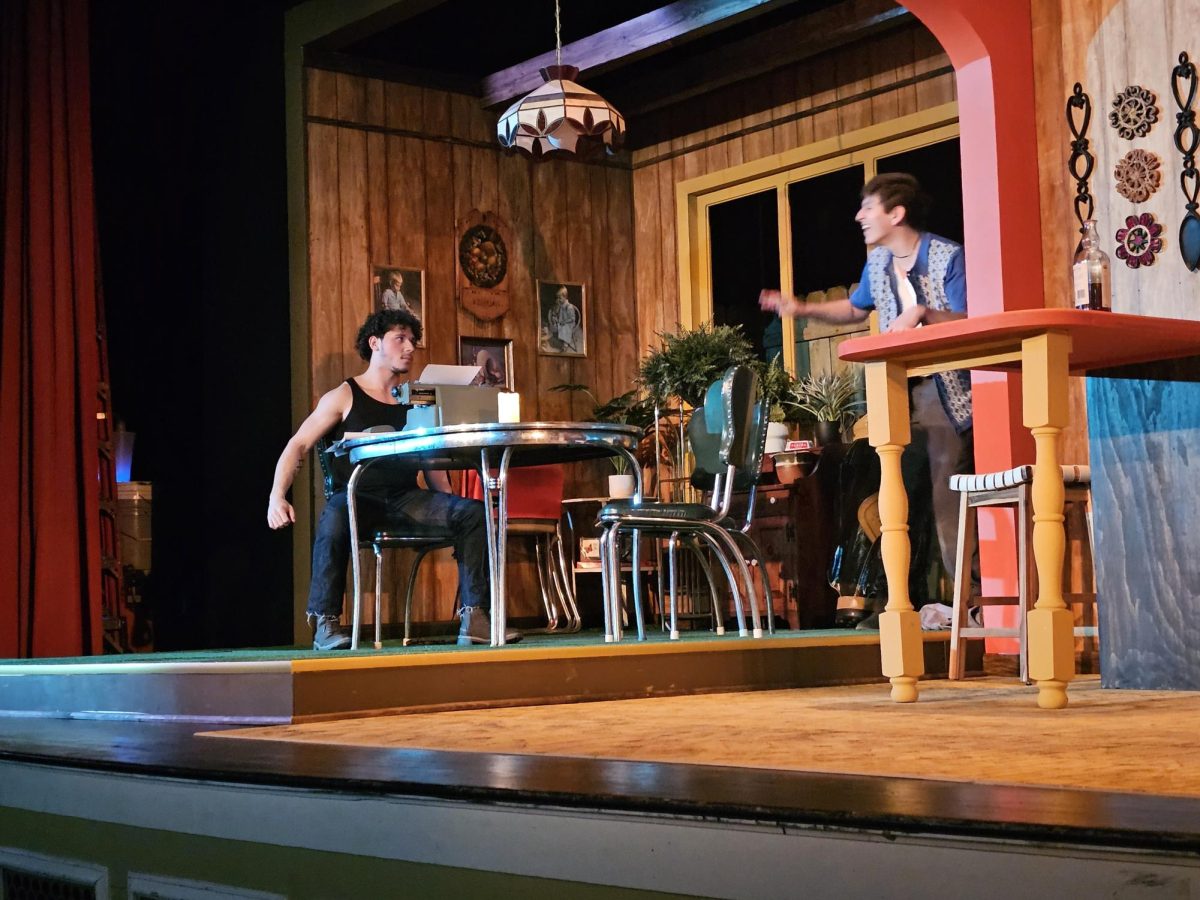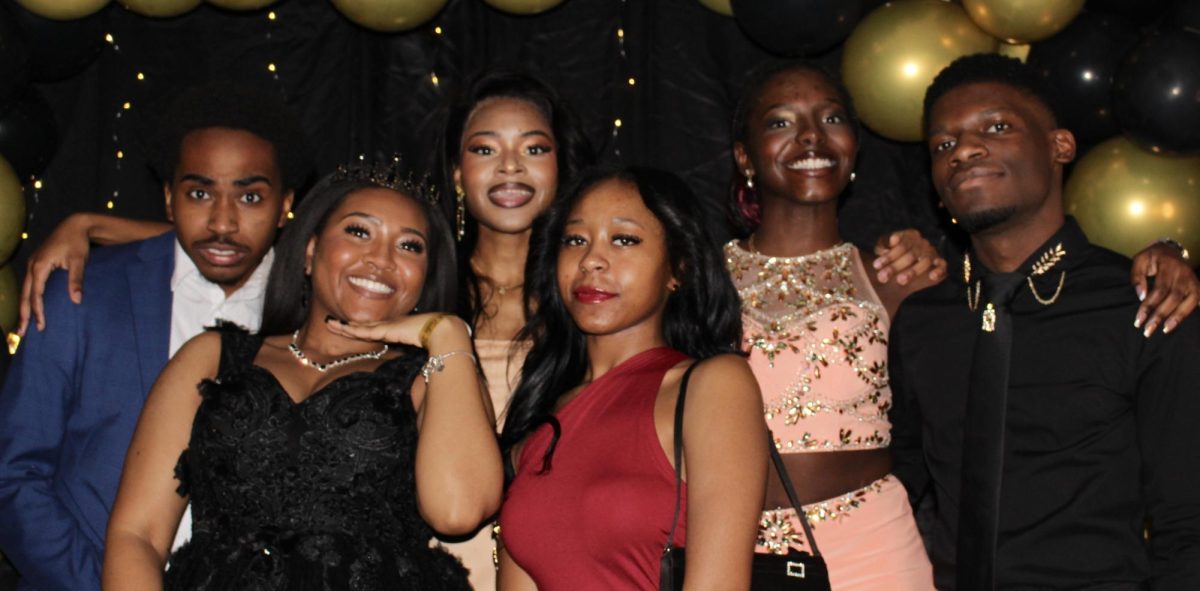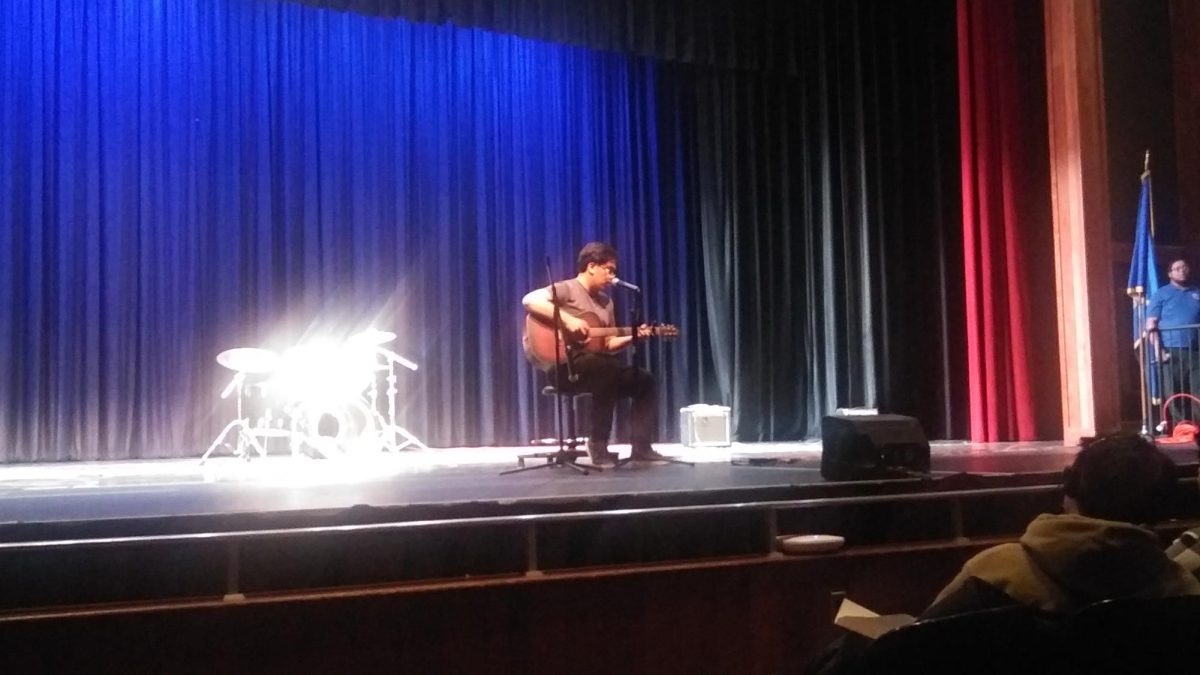Go Baby Go is a national program that uniquely reworks electronic toy ride-on cars for kids with limited mobility disabilities to let them move on their own. The program started as a research project at the University of Delaware working on assisting children with disabilities with mobility. The program adjusts each car specifically for each child to allow them to control their ability to move.
The Connecticut branch of this community-based program was founded in 2015 by Michele Dischino, a professor in Technology and Engineering at Central Connecticut State University.
Dischino said she was inspired after watching an NBC news segment on the program and how it sought to address the problem that children with mobility impairments that don’t have access to electric wheelchairs.
“They thought they could take something inexpensive and readily available, like a ride-on car, she said.
The use of these electronic ride-on cars provides kids not just with a means of getting around on their own, but also a way to be able to socialize with other kids when they otherwise wouldn’t be able to, which is another one of the program’s stated purposes.
“It’s also important that they be able to play with the toys their peers play with,” Dischino said. “But the way the cars come out of the box, they wouldn’t be able to do.”
Dischino reached out to the program in Delaware to start working on developing it for children in Connecticut.
“So, we’ve helped a lot of children with Down syndrome or several palsy,” Dischino said. “The way the car comes out of the box, we make some changes, and they can use it, so it’s been very rewarding.”
Dischino integrated her first Go Baby Go event into one of her courses and allowed her students to show their engineering skills to join the program to transform these cars for the children. From there, students from New Britain High school joined the program to work on electric vehicles, for which some earned college credits for participating. Working with the community clinic, Dischino contacted families to enter and transform the vehicles for their children with disabilities. She also worked with a physical therapist to ensure the car wiring was safe and how to position the child in the car. They also make harnesses for child safety while in the car or extra head support if needed.
“I’ve gotten to know other people around the university who can bring other skills and ideas into it, I love that,” Dischino said.
With a lot of research and dedication, Dischino now has two therapists, and the program has modified 300 cars for children. She has applied for funds and received donations to purchase the vehicles and other accessories.
As they meet each child, they can determine the changes they will make in the car for that child, making it adaptable to children who cannot move at all and to those with limited mobility. The program takes time and passion to apply their skills to make each car right for their little driver.
“A few years back, we had a boy who couldn’t bend at the waist, so that he couldn’t sit in a car, and we had to adapt it,” Dischino said. “So, we kind of made it so that he could lie in the car, and he could press a button; we put the button on the side to make the car go.”
Even for those with significant disabilities, Dischino and her crew have made sure to make the car the proper way for the child.
“We figured it out, we found a way to make it work, and this is eye-opening because you realize how much we take for granted,” Dischino said.
While working with one of her students, the students have shown their ability to change the process and make an impact in not only the accessories in the car for the child, but also a change in making the cars with more effortless mobility for them and a decrease in the amount spent on adjustments on many of the cars. Falcon Yule, a senior at Central, created a handlebar with a 3D printer. This was an in-class project that she didn’t expect that it will go as far as now to being used. Currently, the 3D-printed handlebars are used to make the cars more accessible by making it easier for the kids to drive their car. They can also be customized for each kid by letting them choose the color of their handlebar.
“Fisher-Price Power Wheels cars are not easy to turn for anyone, but it’s especially not easy to turn for you know these kids who have trouble with mobility,” Yule said. “And so, with the handlebar, all you have to do is shift your weight, and then it turns.”
Yule also creates custom-made license plates, and the additional buttons used for various kids’ cars. The button typically costs $75, but Yule’s passion and skills allowed her to print the 3D button and buy the wires inside for just $5-$10.
“So just having the button run along the whole length to close the edge like this, wherever they put their hand, you know, they can use one hand if they want, they’ll still press down and turn,” Yule said.
Yule said she dedicates her time and skills to the cars for the kids and is very detailed in her work.
“I spent a lot of time on its details. I used star bit screws because those are less likely to wear out when you’re tightening everything together,” Yule said. “That design’s been doing really well; it’s been helping a lot of kids.”
Yule plans to continue to be part of Go Baby Go and eventually start a career as an engineer.
“I like tinkering with stuff and making solutions to problems out there, that’s always really appealed to me,” Yule said.
The organization is now celebrating its 10th anniversary of making kids and their families happy with their services for the community.
Dischino said she is preparing the next Go Baby Go Connecticut event and looks forward to the community joining and signing up the kids who will benefit from these fantastic cars. She said she will continue to link with experts and the community to improve and create this opportunity for the children.
“I look forward to more families, raising awareness, and more CCSU students getting involved,” Dischino said.
Go Baby Go Connecticut has a Facebook page by the same name with information and updates on the program, applications for getting a vehicle, sign-ups to join and donations to support the progress of the cause.

